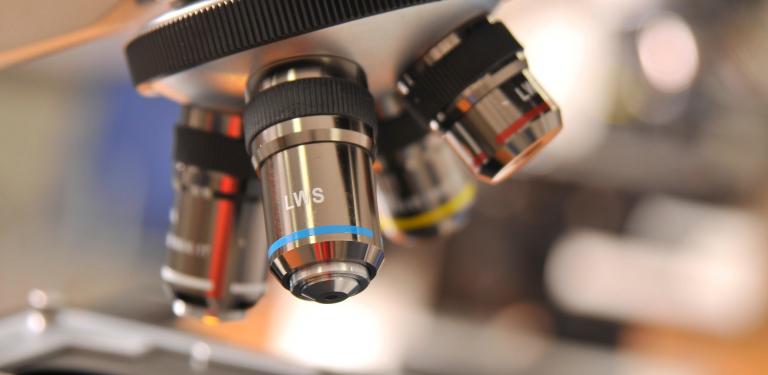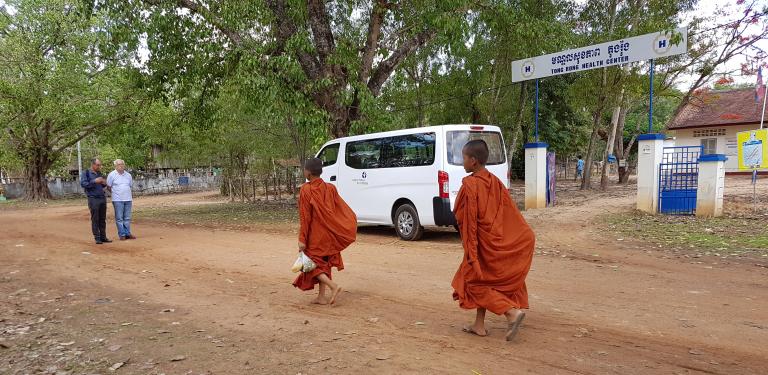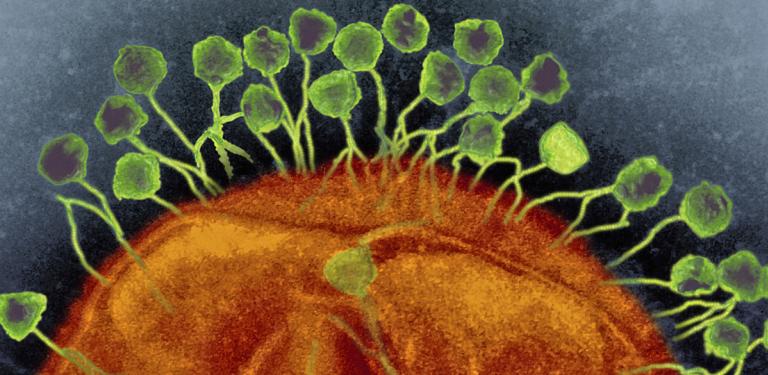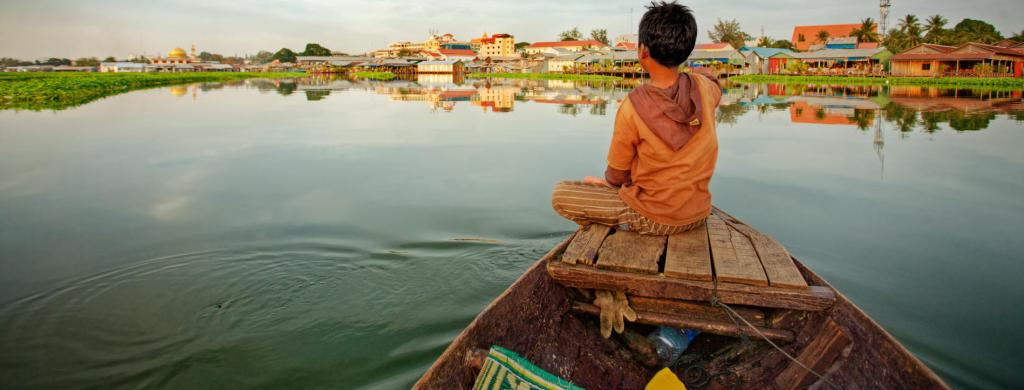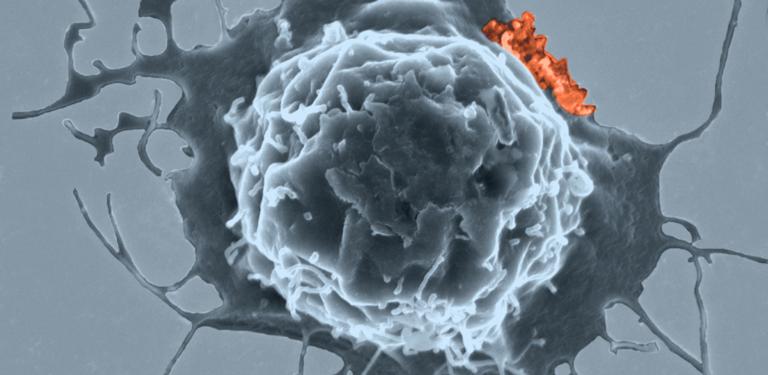 Research
Research"The Institut Pasteur's scientific vision for 2025" - document now available
“Dear colleagues and friends, In the context of profound changes in science, medicine and public health, the Institut Pasteur has been implementing its strategic plan since 2014 to reinforce its ambition and its leading role, while retaining its specificity. In the framework of this plan, the Institut Pasteur has been conducting for several months an in-depth thinking about its research priorities ...
 International
InternationalAntimalarials: tracking resistance in Cambodia
The malaria molecular epidemiology unit at the Institut Pasteur in Cambodia is interested in the resistance of the malaria pathogens to the drugs currently in use, in particular to the molecular markers making to identify this resistance. Researchers working in this unit have contributed to the identification of a marker associated with resistance to artemisinin in 2014 and one associated with resistance ...
 education
education2017 Summer School on company start-up in the area of life sciences
On July 6 and 7, the Institut Pasteur, in partnership with the Medicen Paris Region competitiveness cluster, will be running the second edition of its Summer School focusing on company start-up in the area of life sciences. The aim of this event is to give participants the fundamental knowledge they need to set up a company in the field of life sciences (biotech, medtech, e-health, etc.). The ...
 career
careerUpcoming "Creating your own company" session on May 2
The Education Department, the MAASCC welcome and support structure for contract researchers and the Research Applications and Industrial Relations Department run an event offering scientists interested in business development the chance to meet a leading figure and entrepreneur in the area of biotechnology. The aim is to encourage those interested in setting up their own company. This event, entitled ...
 Funding
FundingNews - April 28, 2017
► Focus on: Horizon 2020 drafts The first draft versions of the next work programs for Horizon 2020 are now available. These work programs cover the period 2018-2020, the final scientific period for Horizon 2020 before the EU introduces its next funding program. The aim of these calls is to fund collaborative research projects involving several European or international teams. The calls for proposals ...


